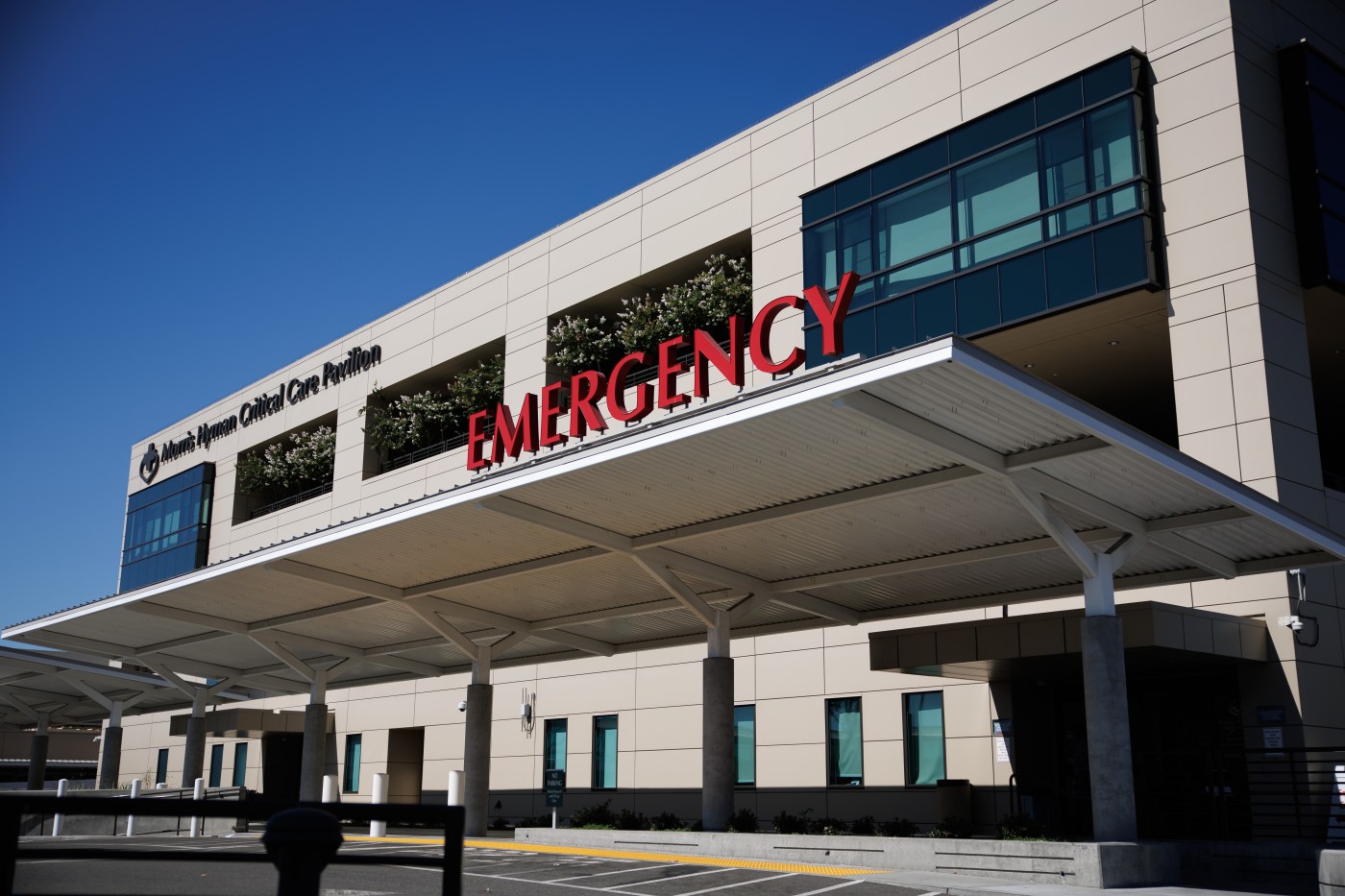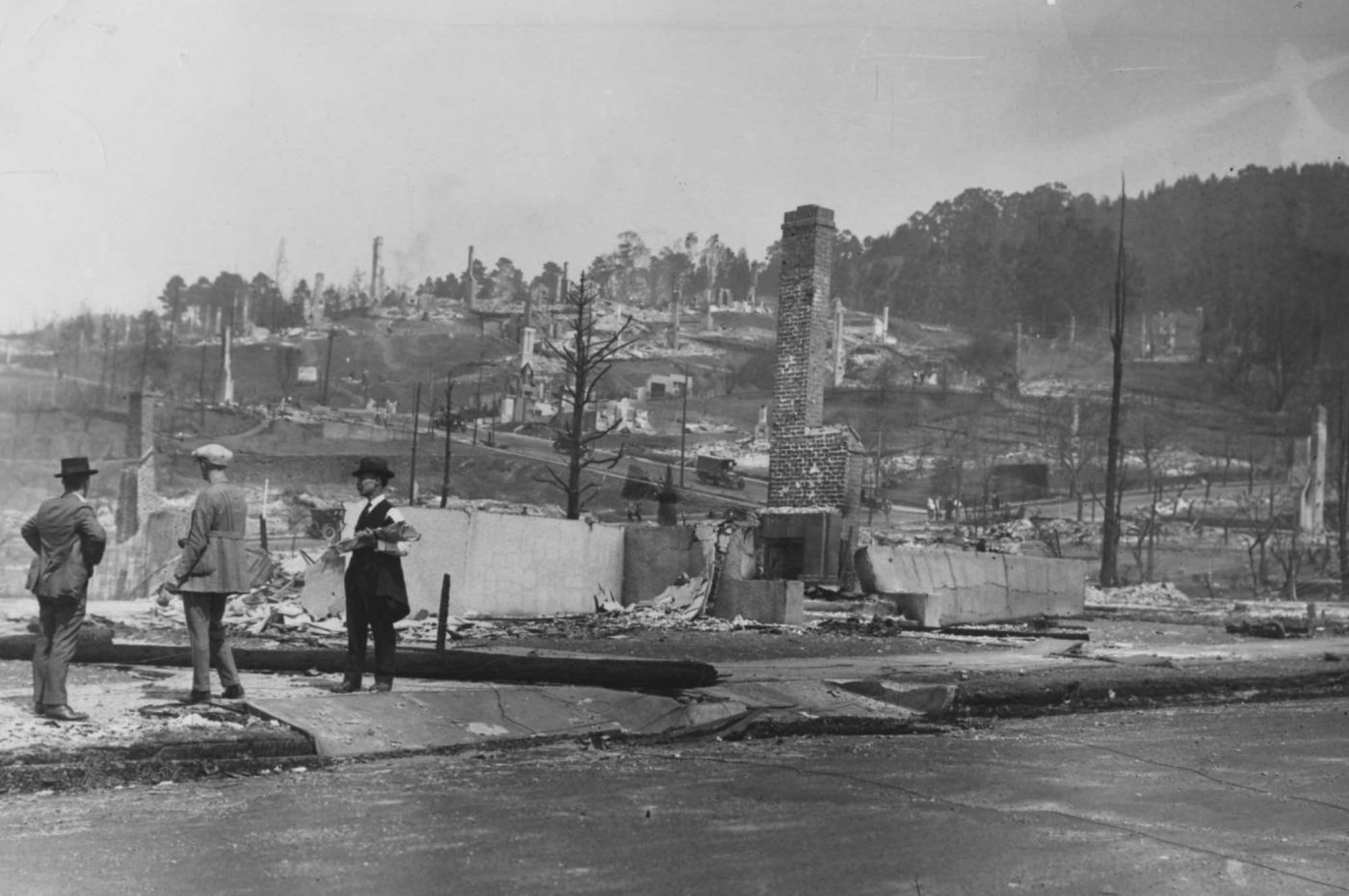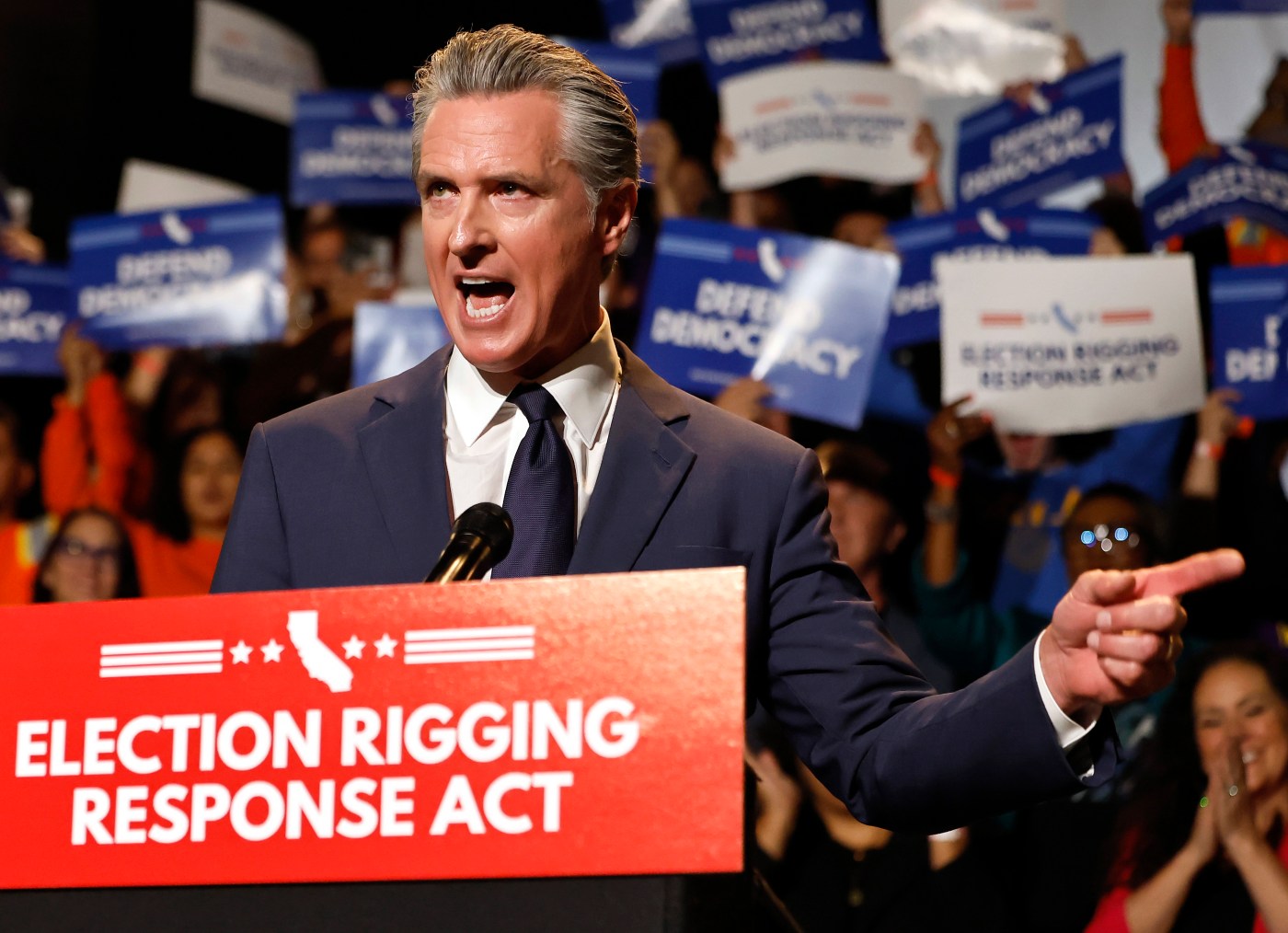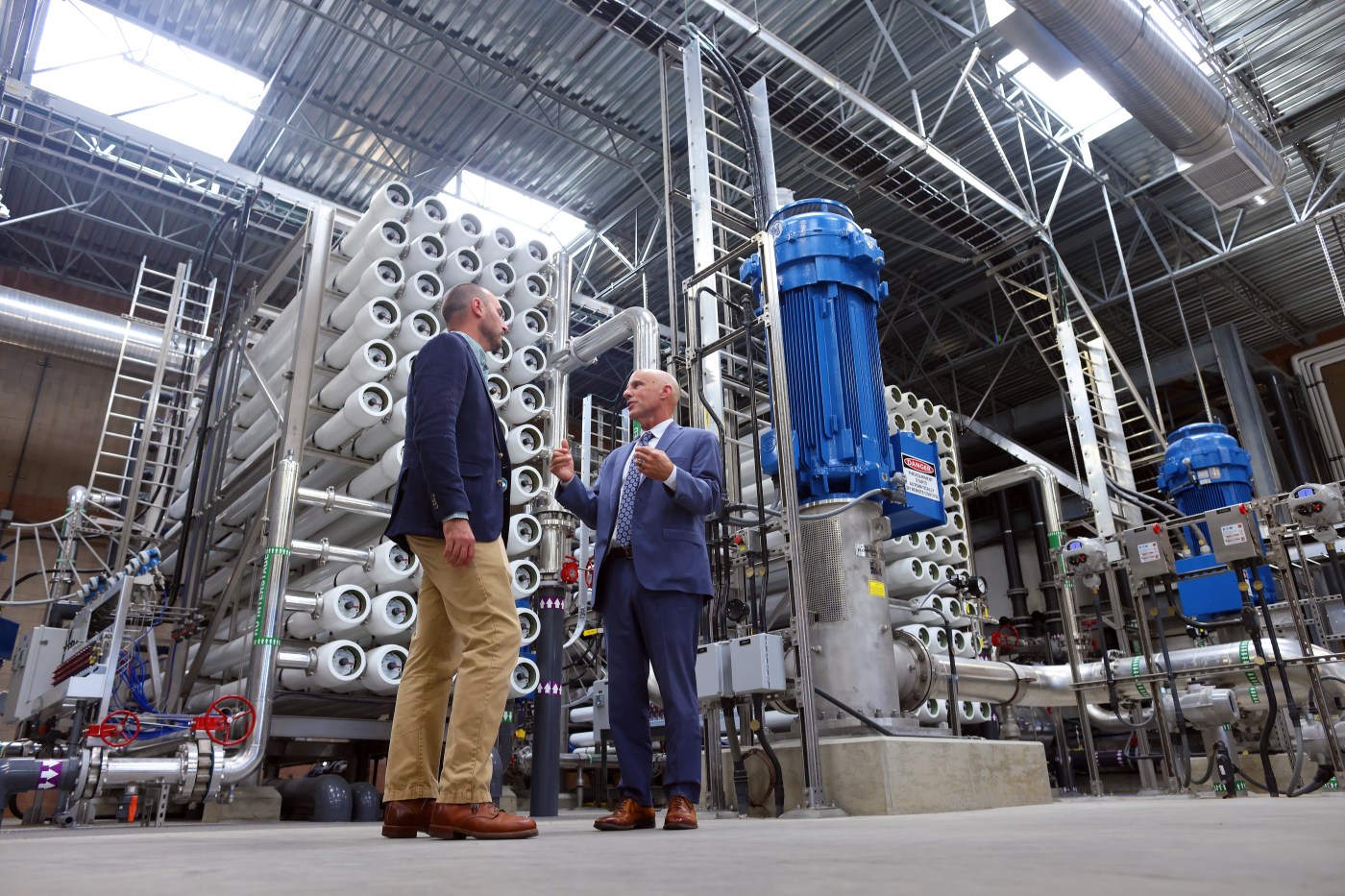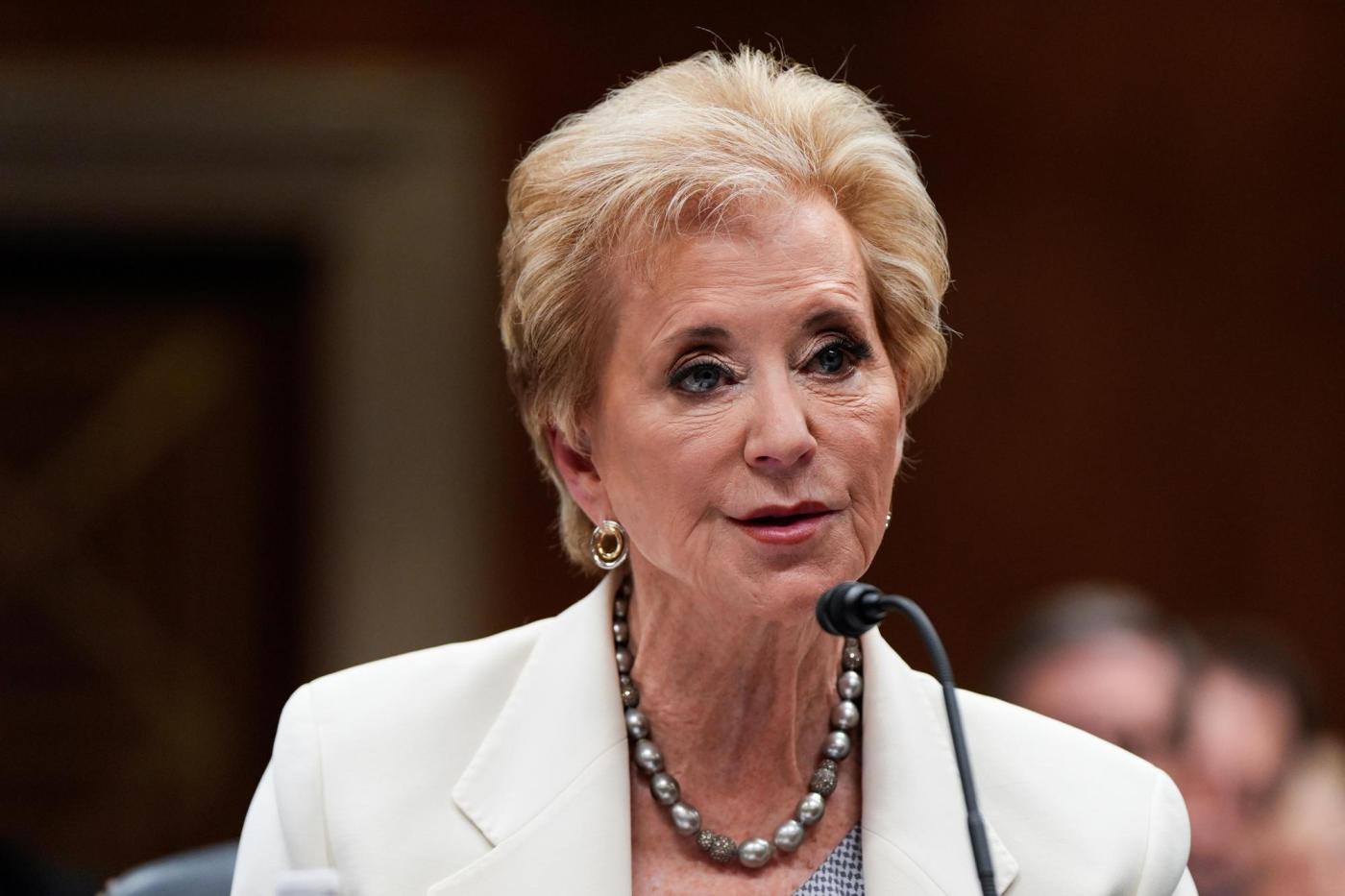FREMONT — Voters within an Alameda County public health care district are being asked this November to approve a parcel tax that supporters of the measure say is needed to keep medical equipment and technology up to date, reduce emergency room wait time and “ensure that our community has highly qualified doctors, surgeons and nurses.”
If passed on Nov. 4, Measure B is expected to generate $13 million annually over the next 12 years for Washington Township Health Care District, a special district that includes the cities of Fremont, Newark and Union City, as well as parts of Hayward and Sunol.
Related Articles
Kennedy’s vaccine committee plans to vote on COVID-19, hepatitis B and chickenpox shots
Surgeons were about to harvest this man’s organs — until his doctor intervened
Millions face skyrocketing health insurance costs unless Congress extends subsidies
Could a common nasal spray help block Covid-19?
Insurance company repeatedly denied East Bay woman’s medical claim, then AI delivered victory
When it opened as Washington Hospital in 1958, the area had about 18,000 residents. Over the decades, the health care district has grown to include a 415-bed, acute care hospital, the $350 million Morris Hyman Critical Care Pavilion, which opened in 2018, and last year was designated level II trauma center to treat people who suffer traumatic injuries from collisions, stabbings and shootings.
The Washington Township Health Care District, which has its own board of directors, now serves an area with about 350,000 residents.
Also known as the “Medical Emergency and Life Saving Care Funding Act,” the measure would add a 5 cents per square foot tax on property owners through 2038. Supporters say the funds in part would go toward building out the facility and bolstering services for emergency healthcare, hospital and trauma center services and “recruit and keep qualified medical personnel in our community.”
“When a person needs emergency care, they need it fast. Seconds can mean the difference between life and death,” reads the argument in favor of Measure B. It later added: “Measure B is needed to keep our local hospital, owned by residents of Fremont, Union City, Newark and Sunol, financially stable and able to provide the highest level of emergency healthcare. The cost of Measure B is modest … for most homeowners this is $87 or less a year.”
The argument in favor of the tax measure includes signatures from Washington Health Foundation Board Trustee Keith Parker; Prasad Kilaru, a physician and surgeon; Martha Guilbeaux, a nurse; Ohlone Community College District Board Trustee Sue Chan; former Newark mayor Al Nagy and Emily Duncan, president of Centro de Servicios, a social services nonprofit agency serving the Tri-Cities.
There were no arguments filed against the measure by the Aug. 13 deadline. It needs a simple majority, or more than 50% of the vote, to pass.
The measure comes just as the dust has settled on a controversial countywide tax measure. In 2020, voters narrowly passed Measure W, a half-cent, 10-year sales tax, but the money was held up for years as part of a court challenge the county ultimately prevailed in. After hours of debate this summer, the Alameda County Board of Supervisors voted on how to divvy up the $810 million in revenue that had accrued and were available for homeless services, housing and other uses.
After a citizen-led group gathered 32,000 signatures, the Washington Township Health Care District Board of Directors on June 25 voted to place Measure B on the fall ballot. Representatives for the Citizens’ Initiative for Washington Hospital, which gathered the signatures, did not immediately return a request seeking comment Monday.
Voters in November will also decide on the Election Rigging Response Act proposed by Gov. Gavin Newsom, which would allow state legislators to redraw California’s political district maps ahead of the 2026 congressional midterms. Newsom pushed for the plan in August, responding to Texas Republicans who earlier this year unveiled their own plans to redistrict several states’ congressional maps to favor the Republicans’ slim majority in the U.S. House of Representatives.
Elsewhere in the Bay Area, Santa Clara County voters will elect a new county assessor, after the retirement of Larry Stone. South Bay voters will also decide on whether to approve a 0.625% general sales tax increase to cover several billion dollars in lost federal funds.
In Alameda County, voter guides will be sent out beginning on Sept. 25, the first day of early voting starts on Oct. 6 and the last day to register to vote in the Nov. 4 election is Oct. 20.
